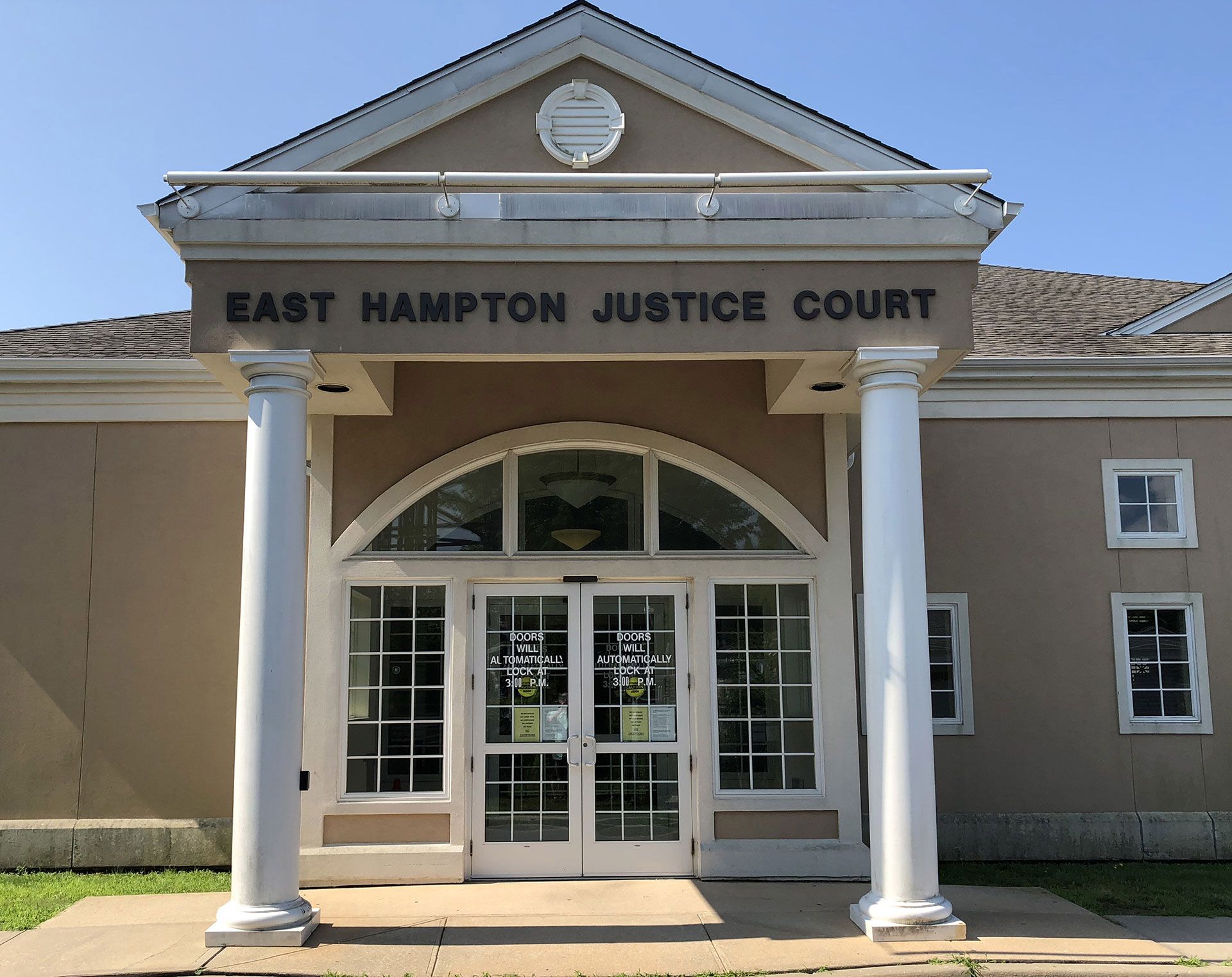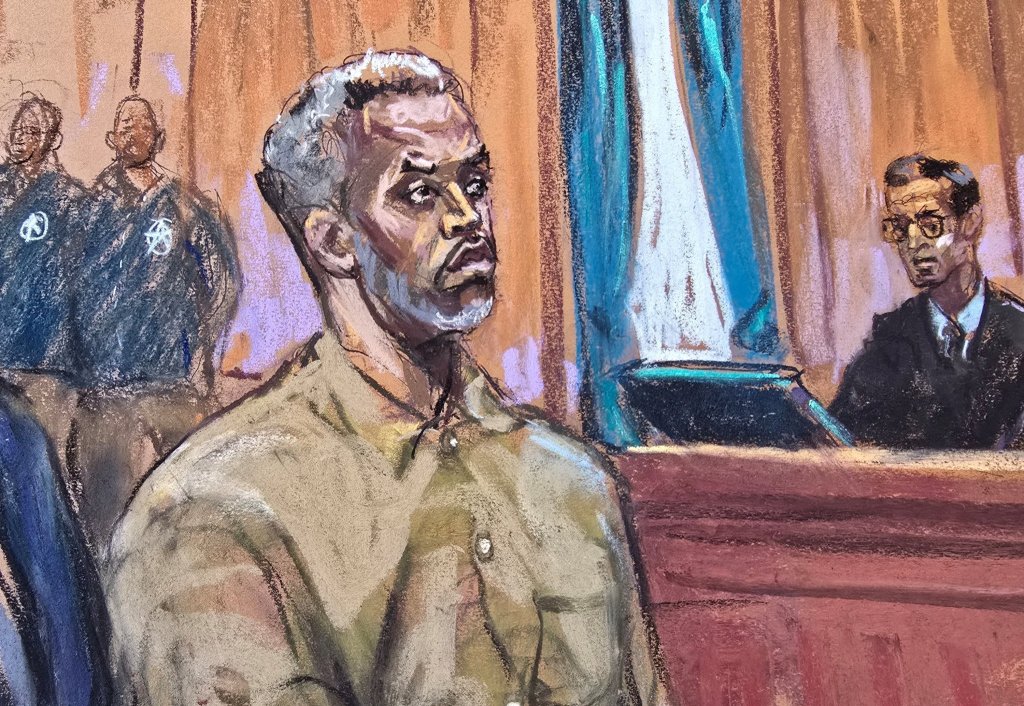Major Changes Ahead For East End Cops, Courts

Sweeping changes in the criminal procedure law are on tap for New York State that will radically change the way lawyers, judges, and police departments handle arrests, arraignments, and the adjudication of crime. Passed by the state legislature as part of the 2020 budget, it is expected to be signed into law by Governor Andrew Cuomo in the coming days. The laws take effect on January 1, 2020.
Changes in bail procedures were touched on in a recent issue of The Independent. Essentially, according to Brian DeSesa, an attorney with the Adam Miller Group who handles criminal law cases in courthouses across the East End, those charged with misdemeanor crimes, as well as some felony offenses, will be processed by the police, then released with a court appearance ticket, to be arraigned at a future date.
The exceptions to that rule are when a person is charged with certain sex crimes, is an escapee, or is wanted on a warrant.
One thing that may or may not change, depending upon the local jurisdiction, is the way those charged with driving while intoxicated are handled. Currently, most East End police departments hold those charged with DWI overnight, to be arraigned in the morning. The only department that does not always follow that practice are New York State Police on the East End, who, in certain circumstances, will release defendants with an appearance ticket after they have sobered up. State police precincts on the East End are very limited in space to hold prisoners.
Despite the fact that there will no longer be a bail determination made for those charged with drunken driving, the law allows departments to continue to hold defendants for morning arraignments, to allow judges to follow through with the mandatory suspension or revocation of the defendant’s driver’s license. That will have to be worked out by local jurisdictions.
Also, if an order of protection for an alleged victim is needed, police can hold the defendant until he or she is arraigned.
A key area of reform, DeSesa said, is in the rules governing the need for a speedy trial. The burden will now be placed on the prosecution to be ready for trial in a timely manner. The prosecution will not be allowed to say it is ready on some charges a defendant is facing, but not on others.
Perhaps the most important change, DeSesa said, is in the area of discovery, the requirement of the prosecution to share what it believes to be incriminating evidence with the defense attorneys. Defense attorneys will no longer have to serve a demand for discovery upon the prosecution, it is now mandatory.
The law calls for the district attorney’s office to turn over “all items and information that relate to the subject matter of the case.” This will aid defendants when they consider an offer of a plea deal from the district attorney. Before accepting such a deal, they will now know the cards the DA is holding.
The process is greatly expedited, with the new law requiring discovery “as soon as practicable but not later than 15 calendar days after defendant’s arraignment” on any charge. There is an exception written in to the law, that allows the prosecutor to request an additional 30 days in cases where there is a great deal of evidence, or there is an obstacle to obtaining the evidence. In any event, discovery must be completed within 45 days. There is an exception built in for certain types of evidence, such as obtaining secret grand jury minutes or electronic data.
Police departments will now be required to turn over all data, records, 911 calls, or information on a case they have to the prosecutor expeditiously for discovery.
t.e@indyeastend.com









